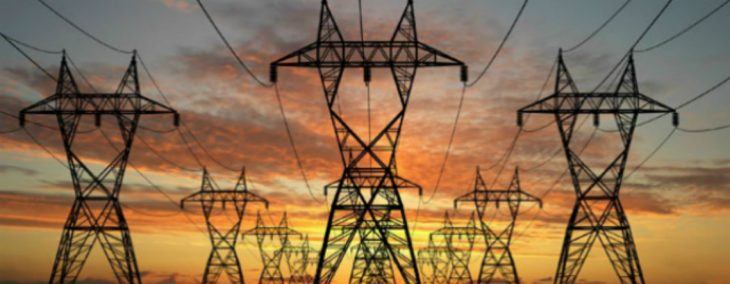Grid operator report shows $1.65 billion in projects to improve reliability, mitigate constraints
by March 4, 2022 10:30 am 581 views

Regional transmission organizations Midcontinent Independent System Operator (MISO), based in Carmel, Ind., and Little Rock-based Southwest Power Pool (SPP) released Friday (March 4) the results of their study that identified seven projects with an estimated cost of $1.65 billion to improve reliability and resolve transmission constraints along their shared boundaries or seams.
The focus of the 18-month MISO-SPP Joint Targeted Interconnection Queue Study (JTIQ) was to develop solutions to support the evolving resource mix shared by the organizations. An economic analysis shows customers can expect an adjusted production cost benefit of $724 million in the MISO footprint and $247 million in the SPP region.
The projects will allow for an increase in generator connectors. A range of between 28 gigawatts and 53 gigawatts of improved interregional generation would be available to new generator interconnection projects near the seam.
“This collaborative process provided us with the opportunity to coordinate solutions to reliability issues along the MISO-SPP seam while also looking at process improvements,” said Aubrey Johnson, executive director, systems planning and competitive transmission at MISO. “Together, we focused on a holistic approach to maximize the potential of more generator interconnection queue projects in the future.”
Cost allocation discussions for the interregional projects are underway and are subject to approval by the regional transmission organizations’ board of directors.
“Both MISO and SPP have existing planning processes, and the JTIQ partnership allowed us to focus on the future reliability risks based on the trends in our generation portfolios,” said Antoine Lucas, vice president, engineering at SPP. “The resulting portfolio of projects fully resolves the set of transmission constraints evaluated in the study, providing considerable reliability benefits to both RTO regions.”
Link here for the report.
Both MISO and SPP manage the electric grid in portions of Arkansas. MISO’s footprint includes 15 states and the Canadian province of Manitoba, while SPP’s includes 17 states.
